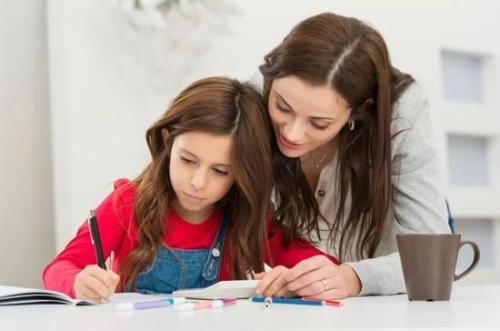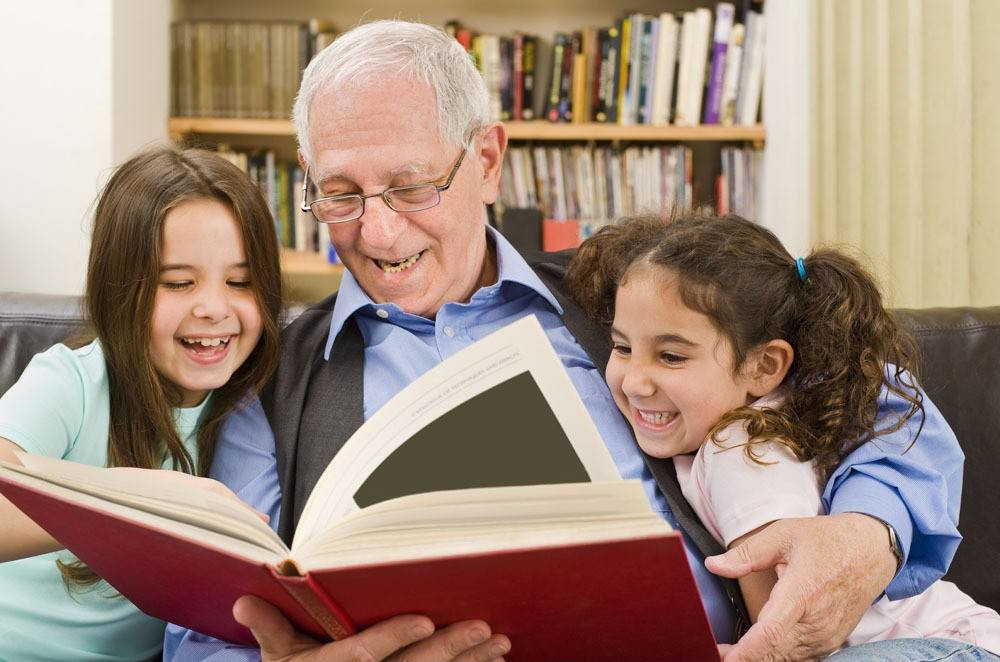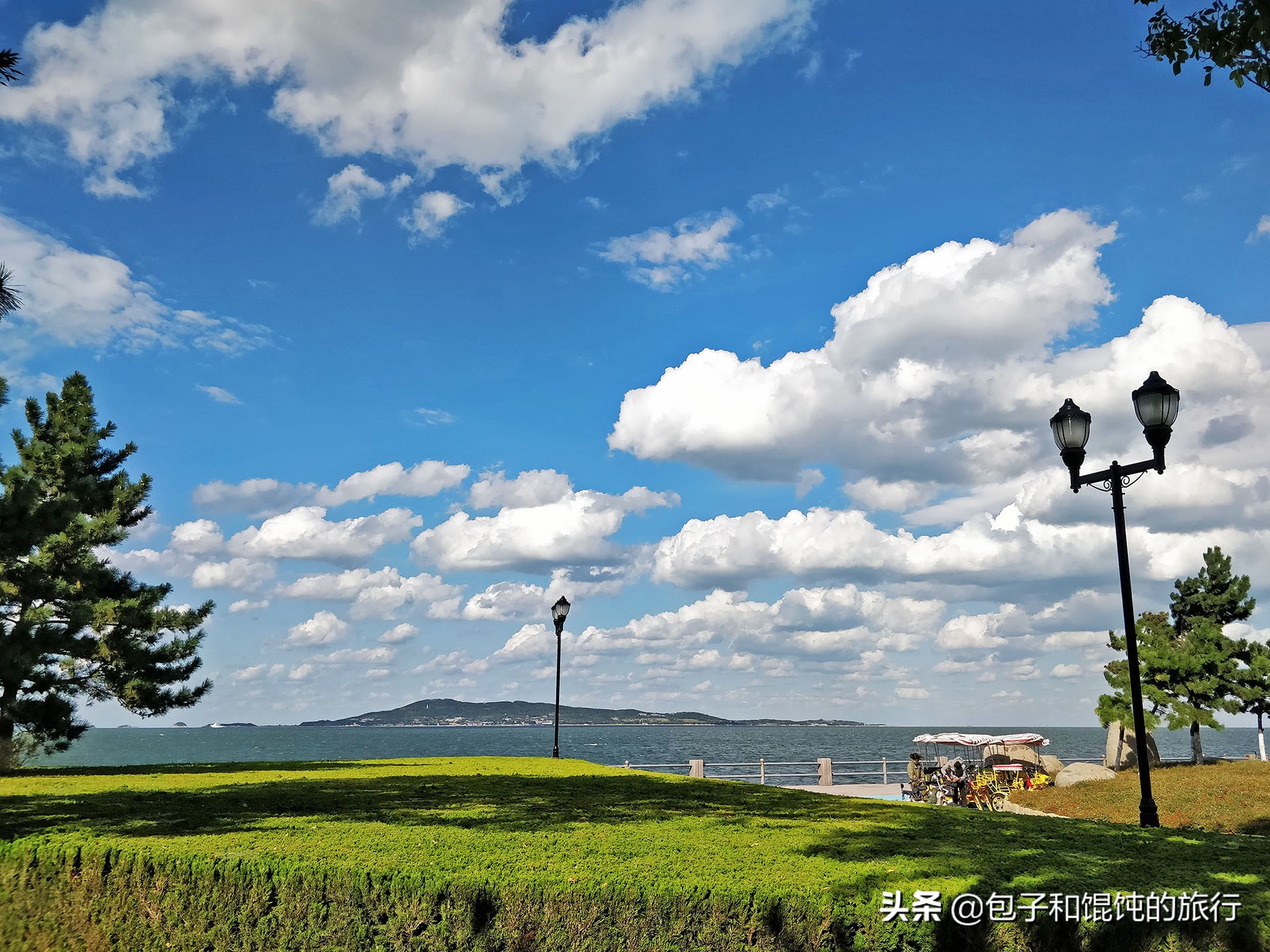小学英语4种时态的整理(时态和句型公式)
钟离烨烨 • 2021-12-17 15:10:02 • 6678次
很多孩子不喜欢英语,就是因为不喜欢记语法。单词可以死记硬背,但是语法必须灵活运用,这也成为很多孩子在英语学习道路上的绊脚石。
而时态是英语中一个重要的语法范畴,小学英语学习方法中主要是如下的四大时态:一般现在时、现在进行时、一般过去时、一般将来时。
今天,Wanderer在这里帮大家整理总结了小学英语学习方法四种时态的用法,希望大家可以熟练掌握!
一、一般现在时

主要描述经常会发生的动作、状态或不变的真理。
句末常出现every day/week/year/Monday , in the morning;句中常有always, usually, often, sometimes
组成1.主语+be+名词(形容词)
I am a student.
He is tall.
否定句:在be 后加not
I am not a student.
He is not tall.
疑问句:be 动词提前到第一位。
Are you a student?
Yes,I am./No,I am not.
Is he tall?
Yes,he is./No,he isn’t.
组成2.主语+动词+地点+时间
We go to school on Monday.
He goes to the park on Sunday.
否定句:主语+don’t/doesn’t’t+动词原形+地点+时间
We don’t go to school on Monday.
He doesn’t go to the park on Sunday.
疑问句:在句首加do或does
Do you go to school on Monday?
Yes, we do./ No, we don’t.
Does he go to the park on Sunday?
Yes, he does./ No, he doesn’t.
动词第三人称单数变化
1. 在原单词末尾加s , 如:like – likes
2. 单词以o, sh, ch, s, x 结尾加es, 如:go – goes
3. 单词末尾为辅音+y结尾去y加ies 如:study- studies
二、现在进行时

主要叙述正在发生的事情。
句末常出现now;句首常出现look, listen。
组成主语+be +动词ing形式
I am reading English.
They are swimming.
He is playing football.
否定句:在be后加not
I am not reading English.
They are not swimming.
He is not playing football.
疑问句:将be 放到第一位。
Are you reading English?
Yes, I am./ No, I am not.
Are they swimming?
Yes, they are. / No, they aren’t.
Is he playing football?
Yes, he is. / No, he isn’t.
动词变ing形式
1.在动词末尾加ing. 如:play- playing
2. 末尾有e,要去e加ing. 如:ride – riding
3. 末尾以辅音元音辅音结尾,双写末尾的辅音字母.如:swim-swimming
三、一般过去时

主要描述过去发生的事情。
句末常出现last night/week/Monday/year, yesterday, ago
组成主语+动词过去式
I was a pilot.
They were busy.
He went to the market.
否定句:在be后加not,在普通动词前加didn’t 动词恢复原形。
I was not a pilot.
They were not busy.
He didn’t go to the market.
疑问句:提前be 动词或在句前加did
Were you a pilot?
Yes, I was./ No, I wasn’t.
Were they busy?
Yes, they were./ No, they weren’t.
Did they go to the market?
Yes, they did. / No, they didn’t.
动词变过去式
1. 在末尾加ed或d 如:play-played、like-liked
2. 辅音加y,结尾去y加ied.如:study-studied
3. 辅音元音辅音结尾双写最后一个字母加ed.如:stop-stopped
四、一般将来时

主要描述将来要发生的事情。
句末常出现next Monday/week/ year, tomorrow
组成1.主语+be going to +动词原形
I am going to visit Ann.
They are going to draw a dog.
She is going to ride a horse.
否定句:在be后加not
I am not going to visit Ann.
They are not going to draw a dog.
She is going to ride a horse.
疑问句:将be提前
Are you going to visit Ann?
Yes, I am. / No, I am not.
Are they going to draw a dog?
Yes, they are./ No, they aren’t.
Is she going to ride a horse?
Yes, she is. / No, she isn’t.
组成2.主语+will+动词原形
I will go to the library.
They will clean the house.
She will eat breakfast at home.
否定句:在will 后加not 或将will not 写为won’t
I will not go to the library.
They will not clean the house.
She will mot eat breakfast at home.
疑问句:将will 提前
Will you go to the library?
Yes, I will./ No, I won’t.
Will they clean the house?
Yes, they will. / No, they won’t.
Will she eat breakfast at home?
Yes, she will. /No, she won’t.
猜你喜欢
相关推荐
-
想学好英语,先要培养对英语的兴趣。“兴趣是最好的老师”,兴趣是学习英语的巨动力,有了兴趣,学习就会事半功倍。我们都有这样的经验:喜欢的事,就容易坚持下去%3B不喜欢的事,是很难坚持下去的......
-
考试难度不同:英语一的考试难度大,英语一是学术学位研究生的考试科目,英语二是专业学位研究生的考试科目。考试内容不同:英语一的翻译题是断句翻译,考研英语二的翻译题是整段翻译。英语一的适用范......
-
可以。学位英语是想要拿到学士学位考生的必经之路,很多考生是初中毕业,所以英语基础不好。把学位英语学习放在生活的每个角落,只要平时积累和练习足够多,就可以通过考试。...
-
写作部分占整套试卷的15%=106.5分,这部分要达到63.9分为及格。英语四级听力部分=248.5分。英语四级阅读理解35%=248.5分。英语四级翻译部分汉译英15%30分钟=106......
-
很多人都呼吁中学教育应当减少部分科目,以此缓和学生们所背负的沉重压力,关于高中阶段应取消哪门学科,网上的一个投票结果也引爆各界舆论。那么,对于高中阶段的学生来说,他们最想取消哪门课程呢?...
-
英语月份的缩写一般是英语月份单词全拼的前三个字母,而且第一个字母要大写。一月:January(全拼);Jan(缩写)。二月:February(全拼),Feb(缩写)。 三月:March(......
-
一、热敷:我们的眼睛周边是喜欢热乎的温度。二、运动锻炼:孩子在小的时候应该多鼓励他进行一些,比如说乒乓球或者是羽毛球的运动。三、穴位按压:我们家长在孩子睡觉前,可以帮孩子按摩一下眼睛周边......
-
对于女追男,个人的建议不是追,而是撩。比如你们在约会,入座后,给男生在餐厅里全权负责的权力,让男生认为自己在这段关系中有掌控能力。在一个话题快结束的时候,我们可以抛出一个截然不同的话题。......
-
如何让男生重视你?1.吸引他的注意,第一印象非常重要,也是心理学中说的“刻板印象”,对两个人的感情发展起着至关重要的作用。2.拒绝他的约会,如果女生成为男生随时都可以约出来的人,那么,男......
-
如何培养孩子的专注力?推荐“动静结合”的方法训练效果很明显,而培养孩子专注力的“静”,就是让孩子多看一些相关的专注力培养书籍。...
-
和女生聊天技巧:1、不要有“查户口”式的开白。2、聊不下去的时候不要尬聊。3、不要通过争执去改变什么。4、自己尽量少说,让对方多说。5、要懂得去回应对方,别敷衍。6、试着去分享自己最内在......
-
第一,熟悉10以内的分成2可以分成1和1;3可以分成2和1、1和2;4可以分成3和1、2和2、1和3;5可以分成4和1、3和2、2和3、1和4;6可以分成5和1、4和2、3和3、2和4、......
版权声明:本文内容由互联网用户自发贡献,该文观点仅代表作者本人。本站仅提供信息存储空间服务,不拥有所有权,不承担相关法律责任。如发现本站有涉嫌抄袭侵权/违法违规的内容, 请发送邮件至 321.com 举报,一经查实,本站将立刻删除。











